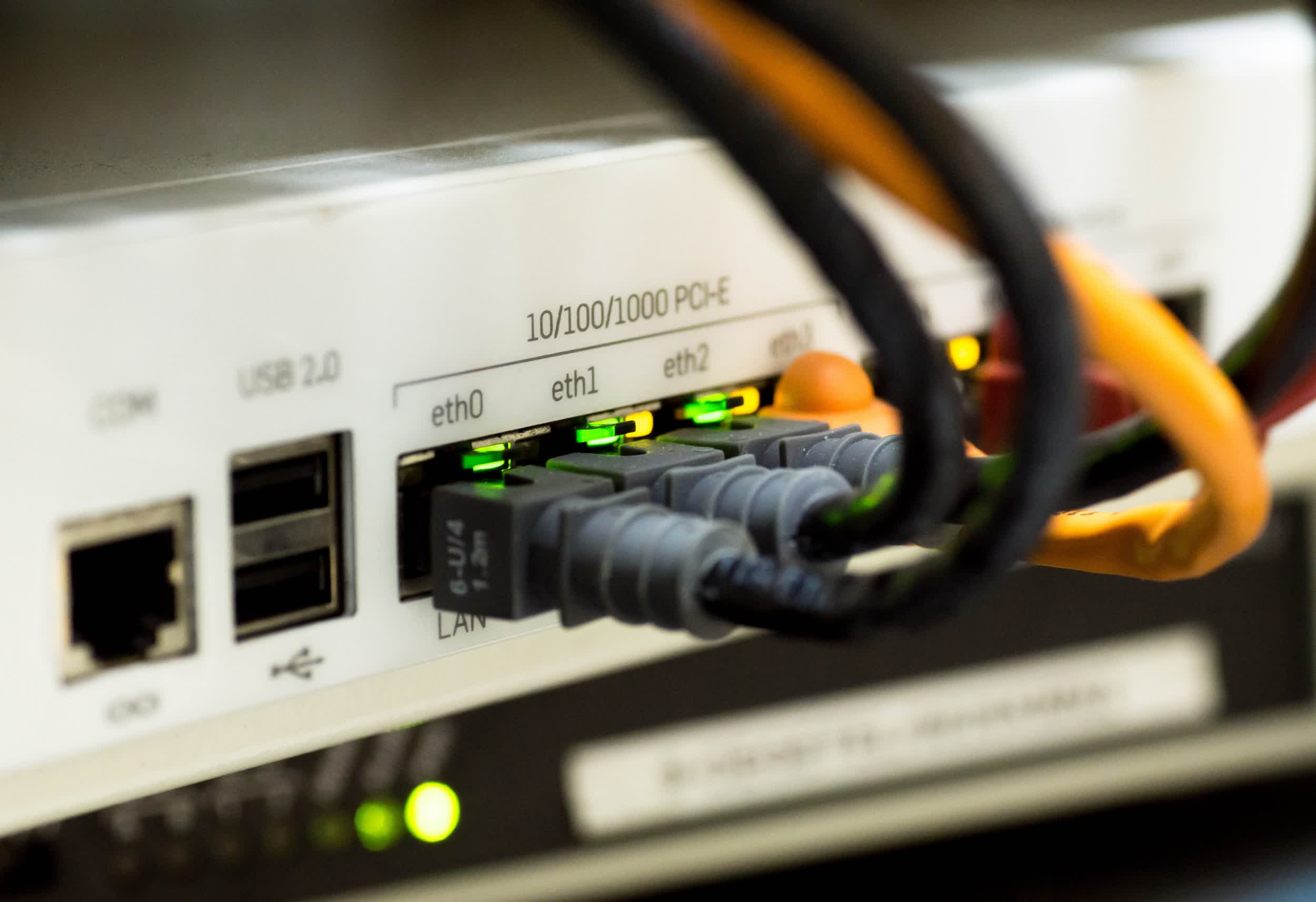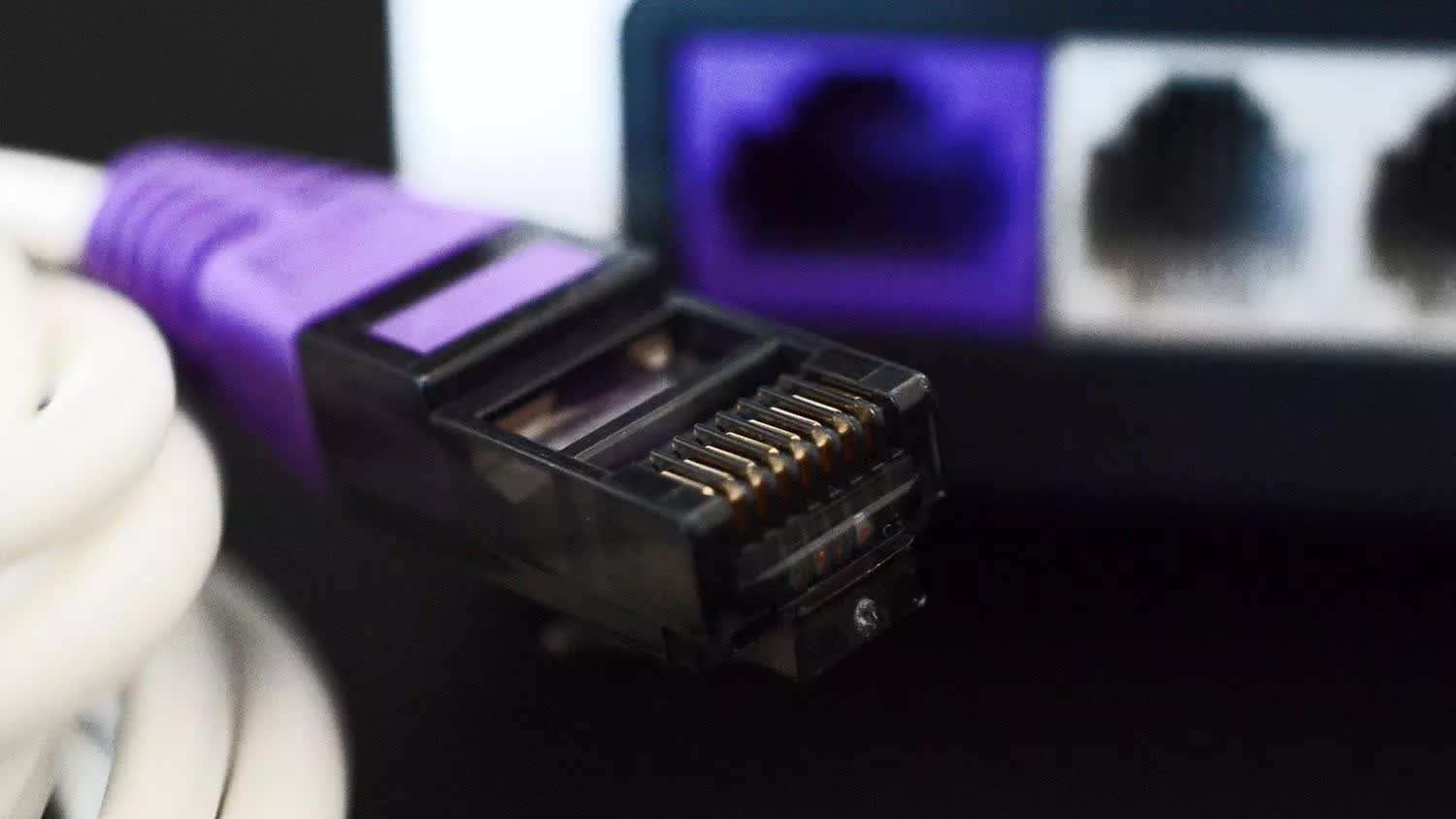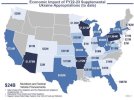What just happened? The Affordable Connectivity Program has helped millions of low-income families in the US receive internet service at reduced prices since 2022. However, Congress only funded the program once, and the funding expired this month despite pleas from President Biden and the FCC for additional support. Affected customers should research subsidies and other options still available in their area.

The Affordable Connectivity Program (ACP) ended on Saturday after Congress failed to renew funding. Over 20 million low-income Americans had depended on the program to lower their internet bills for two and a half years.
The program offered participants internet service discounts of up to $30 per month (or $75 in tribal areas) and enjoyed bipartisan support. Some participating ISPs either lowered their basic service tiers to $30 a month or increased the speeds of existing affordable plans. The ultimate aim was to make internet access available for no more than $30 a month at 100Mbps, which the FCC recently defined as the minimum classification of broadband.

However, Republican members of Congress later criticized the program, claiming many participating households already had internet service. The FCC disputed these claims, stating in a recent letter that 77 percent of the 23 million households receiving ACP funds would need to either reduce or cut service after losing assistance.
In May 2024, the final month of funding, the credit was reduced to $14 per month. The Affordable Connectivity Program Extension Act, introduced in January with bipartisan support, aims to provide additional funding for the ACP but would not support the program permanently.

According to the FCC, ending the ACP could increase the financial strain on the Broadband Equity, Access, and Deployment (BEAD) Program. This $42 billion effort is a component of the Biden administration's infrastructure initiative aimed at making internet service more accessible, particularly in rural areas.
The White House noted that some ISPs covering 10 million eligible households are maintaining low-cost offers voluntarily through the end of 2024. The telecoms providing discounts to eligible new and existing subscribers are:
- Allo Fiber
- Altafiber (and Hawaiian Telcom)
- Astound Broadband
- AT&T
- Comcast
- Cox
- IdeaTek
- Mediacom
- MLGC
- Optimum
- Spectrum (Charter Communications)
- Starry
- Verizon
- Vermont Telephone Company
Other ISPs offering affordable options or subsidies include Xfinity, Human-I-T, and NetZero. Additionally, some households qualify for Lifeline, a permanently funded federal program providing a $9.25 monthly credit.

